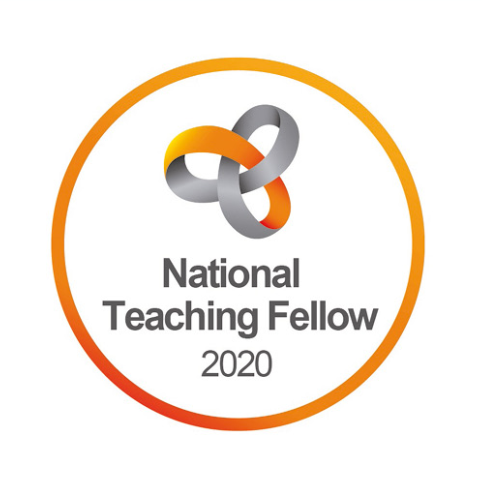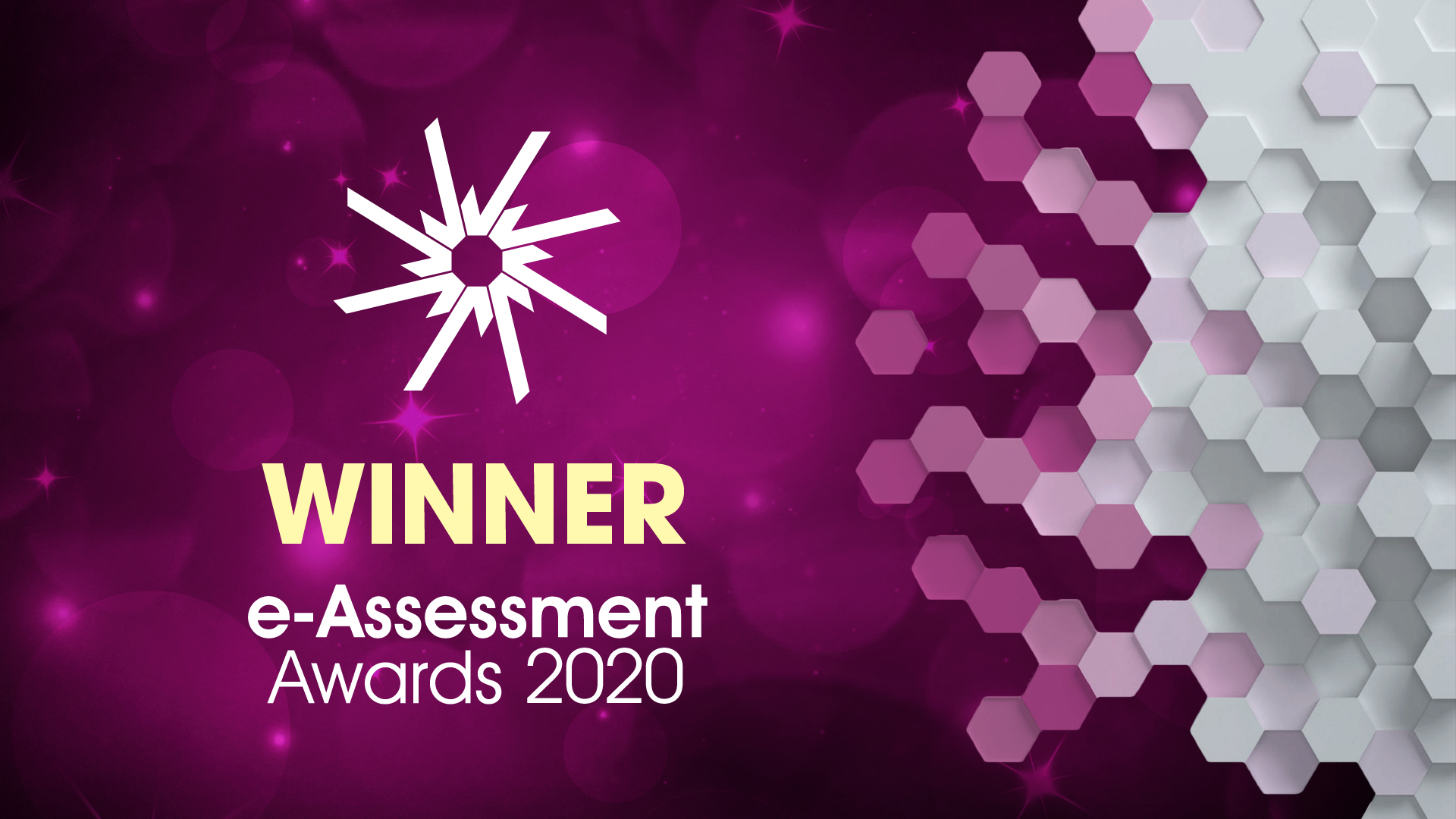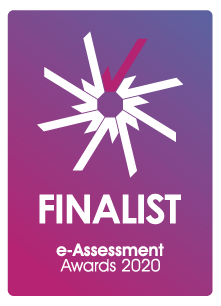The Advance HE Collaborative Award for Teaching Excellence (CATE) celebrates collaborative work that has had a demonstrable impact on teaching and learning.
LTDS support applications to CATE, and work with the National Teaching Fellows/CATE winners in the University to promote their work and teaching excellence. Each institution can nominate one team to each round of the scheme. In 2020 there was success for the E-Learning Unit in the School of Mathematics, Statistics & Physics, who received the Award for promoting the use of technology to support the teaching and learning of mathematics in the School, University and wider community.
More details about the scheme can be found on the Advance HE website, as well as guidance for participants and institutions for their 2021 scheme.
2021 Collaborative Award for Teaching Excellence
We are pleased to announce the launch of the University process to determine the institutional nominees to the 2021 Collaborative Award for Teaching Excellence.
Application to be an institutional nominee
Nominations are welcomed from teams who feel their work has a major, positive impact on student teaching and learning. Collaborative teams who would like to be considered should provide a maximum of 1000 words, which address the following criteria:
- Evidence of excellence in the team’s collaborative approach
- Excellence in the impact of collaborative working
All higher education providers are eligible to enter one team. Your team’s submission should be sent to LTDS@newcastle.ac.uk by 12 noon on 16th November 2020.
Advance HE Criteria
1. Excellence in the team’s collaborative approach: Evidence of excellence in the team’s approach to working collaboratively; commensurate with their context and the opportunities afforded by it.
This may, for example, be demonstrated by providing evidence of:
- having a clear set of aims, objectives and rationale for the team’s approach and how the group constitutes a team and developed as a team;
- demonstrating direct engagement of students within or with the team;
- illustrating how the team has contributed to wider thematic and sector priorities, for example, assessment and feedback; retention, employability, staff development; students as partners; technology and social media;
- working collaboratively with a range of stakeholder groups;
- embedding practices across different programmes, disciplines, campuses or institutions;
- being flexible and creative in working to address unanticipated situations or events;
- measuring the impact or outcomes of collaborative work.
2. Excellence in the impact of collaborative working: Evidence of the team having a demonstrable impact on teaching and learning beyond their immediate academic or professional area.
This may, for example, be demonstrated by providing evidence of:
- the reach of the team’s work;
- the benefit or value derived from working as a team;
- the impact of supporting colleagues and/or influencing support for student learning;
- the impact on student learning or outcomes;
- the impact of any outcomes/outputs of collaborative work.
How LTDS can help:
We can provide support and advice on the CATE scheme and the application process. For all queries please contact LTDS@newcastle.ac.uk








